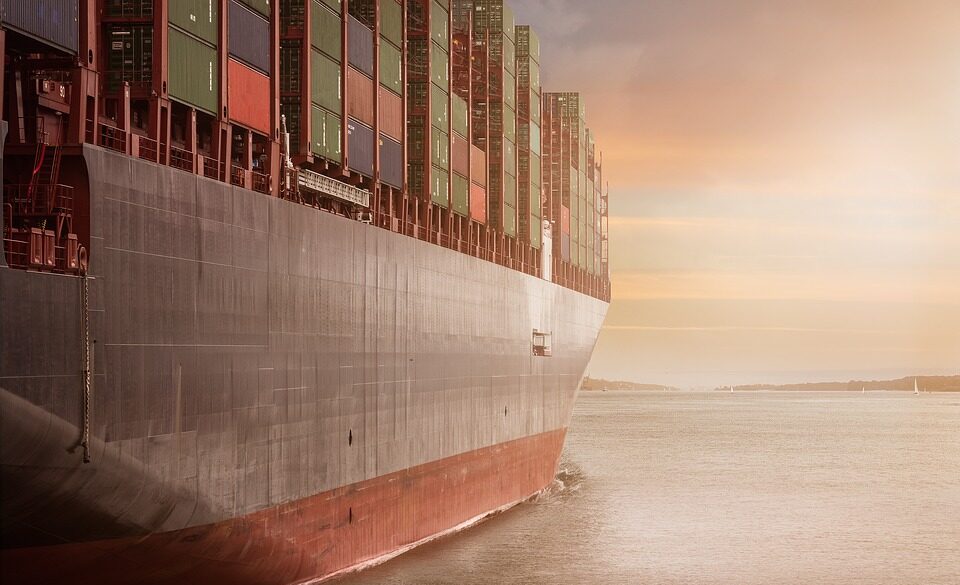Are autonomous ships the future of container shipping?

Japan tested two of the world's first autonomous container ships. The population is aging, and the shipping industry will have to deal with an ever shrinking workforce. But the technological breakthrough may not necessarily be convenient
A Japanese consortium that brings together transportation companies such as Mitsui Lines and Japan Railway Construction is working on the construction and testing of self-driving cargo ships, ferries and amphibious trucks. The goal is to ensure, thanks to technology, the competitiveness of the national freight transport industry in the years to come, given that the progressive aging of the population will increasingly reduce the availability of workforce.
THE TESTS
In recent weeks – Quartz writes – Japan has launched two of the first self-driving container ships in the world.
The initial test of the Mikage ship, owned by Mitsui Lines, was carried out on January 24th and 25th in coastal waters. The vehicle traveled 161 nautical miles, starting from the port of Tsuruga and arriving at that of Sakai, near Osaka.
In the absence of a crew, the Mikage navigated thanks to the use of a system of radar and lidar sensors, video cameras and a satellite compass. When it reached its destination, it also moored, launching – thanks to the use of drones – ropes to port workers.
The second self-driving ship, called Subazu, was instead tested on February 5: it sailed from Tokyo bay to Ise bay.
THE FIRST SELF-GUIDED SHIPS?
According to Quartz , Mikage and Subazu can legitimately claim the title of the world's first self-driving container ships. There is actually another one – the Norwegian Yara Birkeland – but it has been tested with the presence of human crew on board. The two vessels developed by the Japanese consortium, on the other hand, sailed in full autonomy and even moored alone.
ARE AUTONOMOUS SHIPS THE FUTURE?
According to Nippon Foundation, a Japanese association focused on different sectors and which is part of the consortium with Mitsui Lines, the Japanese maritime trade industry needs to become less dependent on the human workforce because the population is aging and the availability of workers, of consequently, it will decrease.
OR NOT
However, the shipping sector has already heavily reduced the cost of crew, which is significantly lower than – for example – for fuel or for the maintenance of ships. For example, the salaries of the workers of Hapag-Lloyd, the fifth largest shipping company in the world, are fifteen times lower than the cost of maintaining the fleet.
As a result, companies in the industry may find it worthwhile to invest in ship management and energy efficiency rather than in automation of operations. Also because autonomous driving technologies, before they can be applied to ships at sea, will have to go through a phase of regulatory supervision: obtaining authorizations, especially in the case of extremely large and heavy vehicles, could, among other things, prove to be very hard.
This is a machine translation from Italian language of a post published on Start Magazine at the URL https://www.startmag.it/smartcity/giappone-navi-portacontainer-autonome/ on Sat, 19 Feb 2022 07:02:13 +0000.
